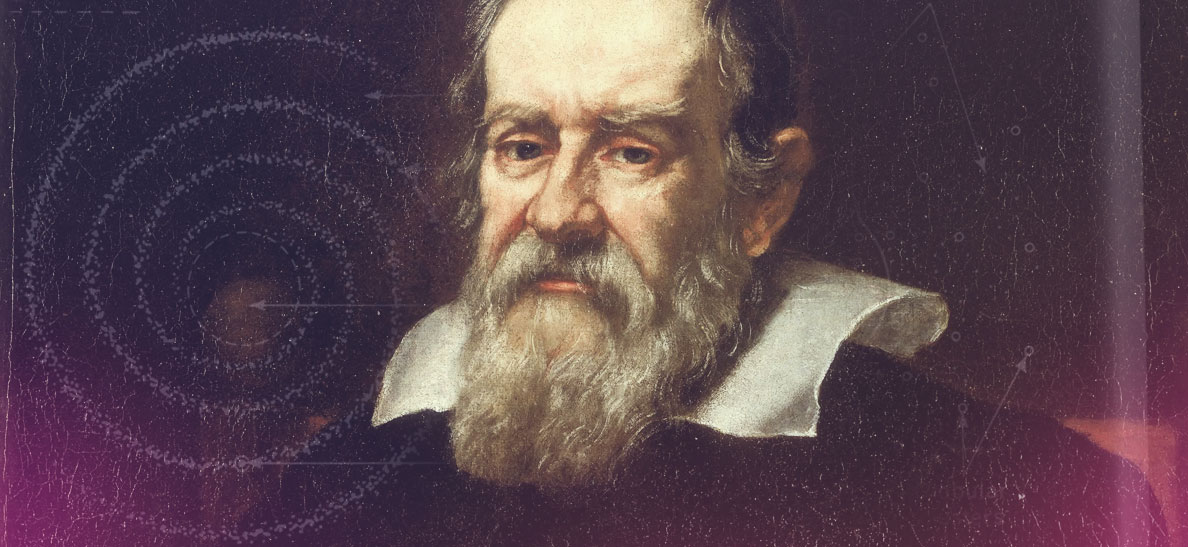If you watched the video I posted then you are in denial. It is also silly for you to think that intelligence is a numerical value.
I don't have to think intelligence is a numerical value to understand that we are smarter than other animals, you're making it too complicated.
We manufacture cars, go to space, created vaccines, understand microbiology.
You don't need numerical value to say something is better. Ancient men couldn't measure the size of the Earth with accuracy but they could say that it was bigger than the rock in their hand as a fact. I can't numerically measure the fighting capability of Muhammed Ali or the basketball skill of Michael Jordan but I can tell you they were better than their competitors.
It does matter. You are using entirely the wrong words.
Nature was around before humans, yes, but mathematics was not. You can't very well claim that the human concept of "adding" somehow existed before there were humans to conceive of counting things.
You are conflating concepts. I can describe nature to you in Spanish. You can certainly tell me that nature was around before humans but you can't very well tell me that Spanish was somehow around before humans. Science uses math to specify entities and relationships in nature. Yes, the nature predicted by science was around before humans, but science and math were not.
Math was not discovered. Math was created by man.
Wrong. call number 2 what you want, call it ekitu, call it mmmsfe, call it an emoji, putting what "2" sticks next to "2" sticks is and always was "4". That is math, and its not a human concept, its the law of the universe. Math is a human word, but its principles are not invented. The system of "math" was not invented. We didn't make "2" plus "2" become "4", we discovered it and gave verbal sounds and written symbols to represent II and distinguish it from I or III. Addition, subtraction, the Pythagorean theorem are not made by man, the words are. 400 million years ago, area was still length times width.
Give me an example. Suppose that tomorrow we were to learn with certainty that the universe was created by the invisible flying pink spaghetti unicorn. What would change and how, besides the foreseeable round of B-grade movies?
If they created us, say from their own DNA or another creature, we would be able to understand what are intellectual capabilities might be, what we capable of as a species because clearly we haven't reached our peak.
Also it would create panic, Only religion can be right, or even none of them and that would create conflicts, envy, self hatred, possibly war.
The relationship might reveal something as well, If they are all loving benevolent protector than there will be a sense of tranquility. If we are slaves of some sort that would ruin our spirit.



